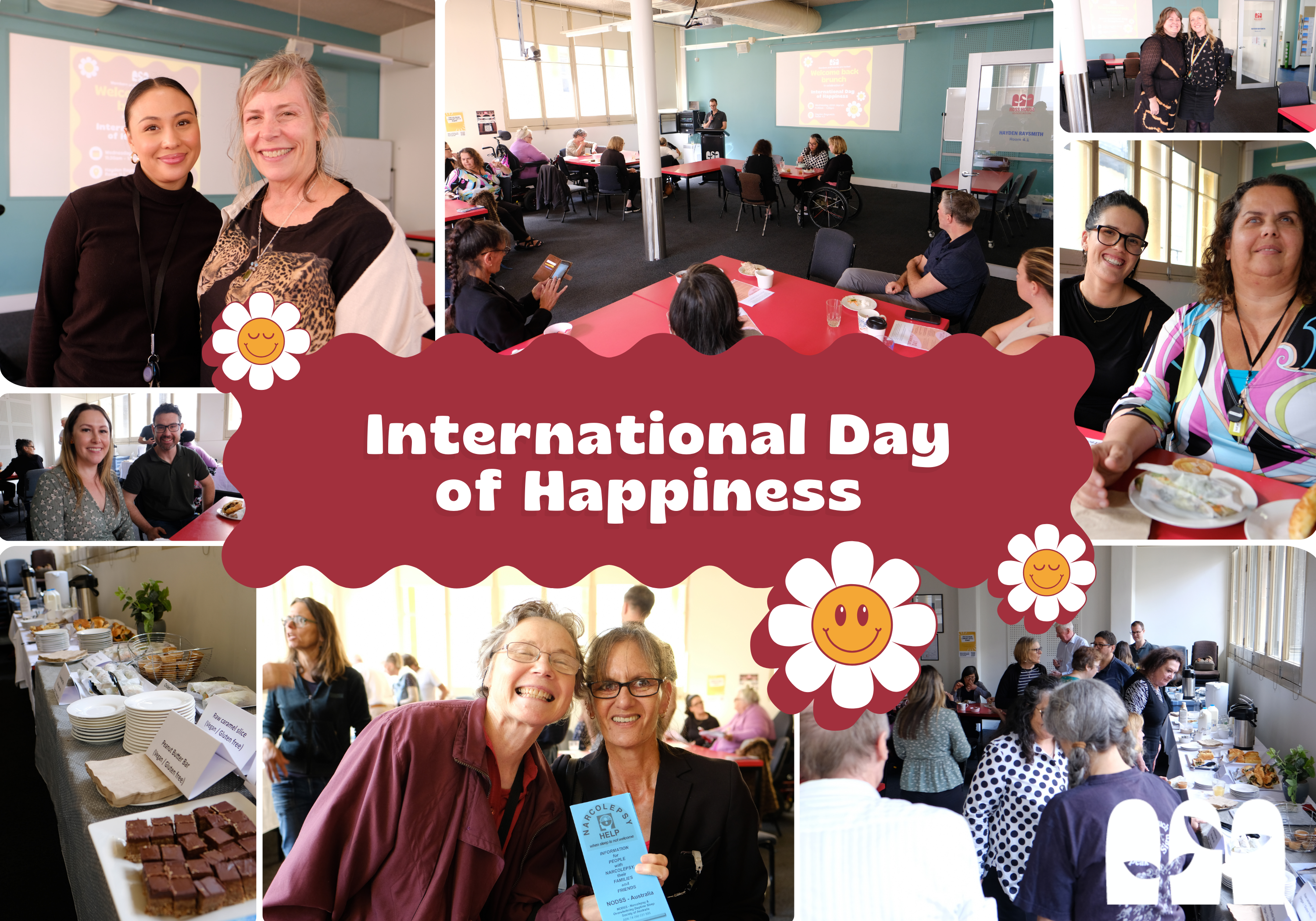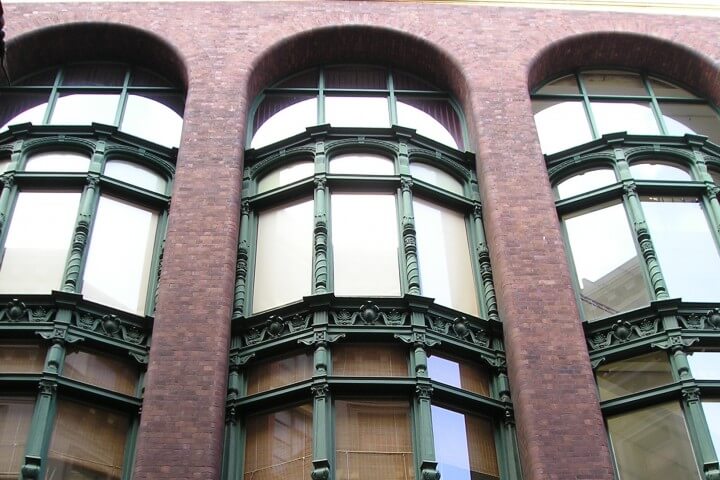March 20, 2024

Today we hosted a morning tea for our members and tenants coinciding with International Day of Happiness. Every day our members and tenants contribute to the happiness of our society through their dedication to social and environmental justice. Please find below the address delivered by Michael Griffiths, CEO of Ross House.
“I would like to begin by acknowledging the traditional owners of the land on which we are meeting today, the Wurundjeri people of the Kulin Nation, and pay my respects to their Elders past, present and emerging.
Welcome everyone to our first event of 2024, the Welcome Back Brunch. We are hosting today’s event on the United Nations International Day of Happiness. As we look around the world and watch current event on the news, it is perhaps more important than ever that we focus on what makes us happy, both as a society and as individuals.
The resolution to proclaim the 20th of March as International Day of Happiness was initiated by Bhutan in 2012. Bhutan has recognized the value of national happiness over national income since the early 1970s and famously adopted the goal of Gross National Happiness over Gross National Product.
Happiness is a fundamental human goal. The United Nations General Assembly recognizes this goal and calls for “a more inclusive, equitable and balanced approach to economic growth that promotes the happiness and well-being of all peoples.”
So, we must ask, what habits, institutions and material conditions produce a society where people have higher well-being? The World Happiness Report has studied these questions each year, by comparing the average life satisfaction in different countries and seeing what features in the population explain these differences. The findings show that the ethos of a country matters – are people trustworthy, generous, and mutually supportive? The institutions also matter – are people free to make important life decisions? And the material conditions of life matter – both income and health.
One of the key factors to happiness, which I think is relevant to Ross House is that of altruism, cooperation, and fairness. The World Happiness Report defines these as pro-social behaviours, something we might define at Ross House as working towards social justice.
However, sadly this work does not always bring happiness. Full-time voluntary caregivers, looking after vulnerable children or elderly parents, often report quite low, life-satisfaction. Caregiving is rewarding, but also difficult and painful and needs social support.
The report calls for special institutions to support the hard work of caregivers. Something that organisations at Ross House have been doing for many years.
So, the work that goes on in this building is vital and contributes significantly to the happiness of our society. It is something we should be proud of.
So, I invite you all today to share with those next to you, what makes you happy?
On a personal note, I have two young children, seven and five years old, so I am quite busy and don’t often get out much between school drop offs, commuting, full-time work, cooking dinners, cleaning up, and bedtime routines. So, it is the small things in life that bring happiness. Running tree to tree in the rain, with the kids laughing because I forgot the umbrellas, cycling to work along the Mullum Mullum and Kooyong creeks and seeing people grow and improve in the martial art that I teach.
So please enjoy today, share with others what makes you happy, if you would like to, and let’s celebrate the happiness that Ross House has brought to many lives over its 37-year history.
Thank you.”

